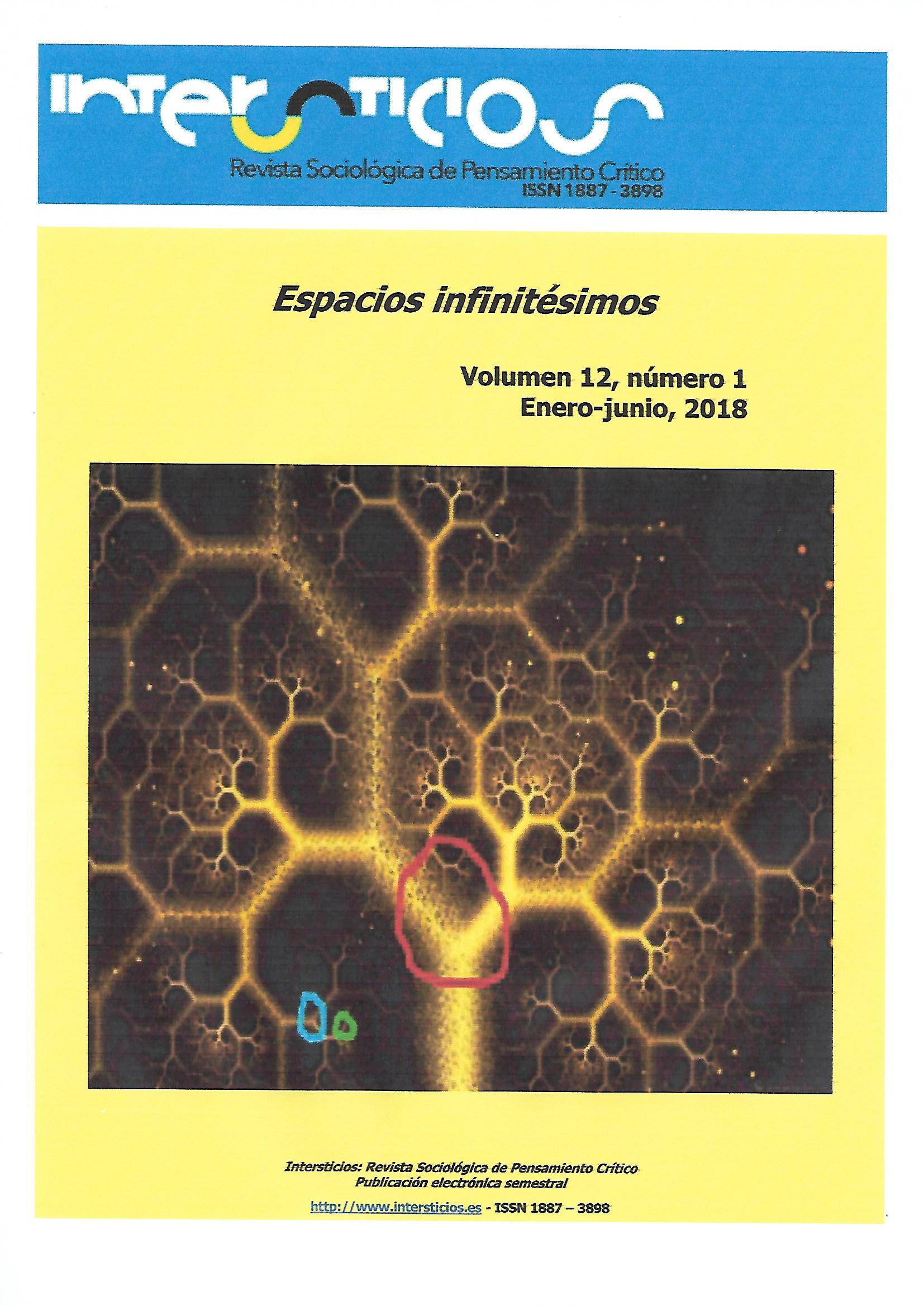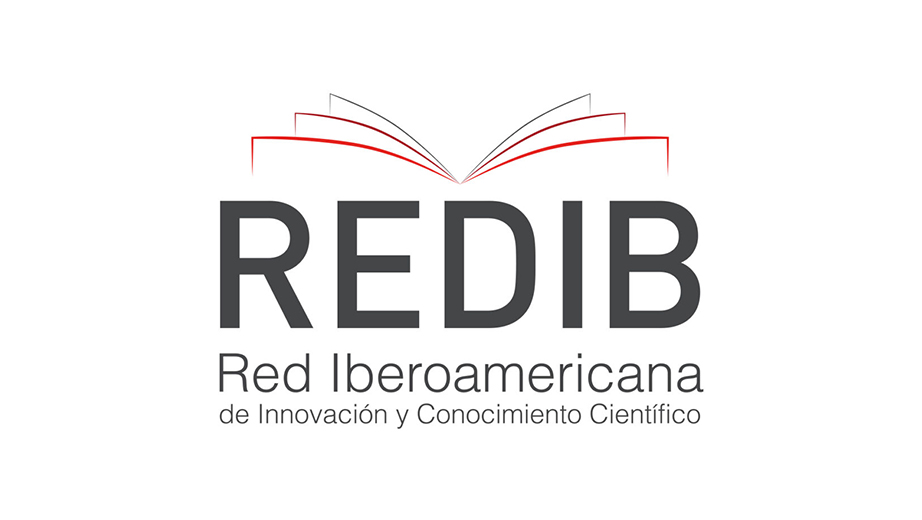Poniendo sobre la mesa el proceso: el aprendizaje de metodología como conflicto y la auto-etnografía como herramienta
Keywords:
metodología de la investigación social, auto-etnografía, aprendizaje // Social research methodology, self-ethnography, learning.Abstract
El propósito de este escrito es reflexionar en torno al proceso de aprendizaje de metodología de la investigación social. Para esto, partimos de utilizar nuestras propias auto-etnografías sobre el proceso de aprendizaje de metodología de la investigación social en instancias de grado y posgrado. En tanto herramienta, la auto-etnografía fue seleccionada por su potencial como recurso para pensarnos, Su principal fortaleza es la capacidad de mostrar la interacción entre las experiencias del yo y el contexto cultural y social en el que las mismas acontecen (Méndez, 2013). A su vez, haremos una breve reseña, no exhaustiva, de investigaciones sobre los procesos de enseñanza y aprendizaje en metodología de la investigación social en carreras de Sociología en universidades públicas de Argentina (Scribano, Gandía y Magallanes, 2005; De Sena, 2011; Gandia y Magallanes, 2013; Moreno y Morales, 2013, entre otros). Ambos elementos —auto-etnografías e investigaciones sobre la temática— nos ayudarán a poner en discusión los lineamientos que refieren a la disociación entre teoría y práctica en la formación de cientistas sociales, y la distancia entre la vivencialidad del aprendizaje en los cursos de metodología y la complejidad de hacer investigación. Title: The process under the spotlight: methodology learning as a conflict and self-ethnography as a device Abstract: The aim of this paper is to consider the learning process of social research methodology. For this, we start using our own self-ethnographies on the learning process of social research methodology in undergraduate and graduate levels. As a tool, self-ethnography was selected for its potential as a resource for thinking. Its main strength is the ability to show the interaction between the experiences of the self and the cultural and social context in which they occur (Mendez, 2013). In turn, we will make a brief, non-exhaustive review of research on teaching and learning processes in social research methodology in Sociology careers at public universities in Argentina (Scribano, Gandía and Magallanes, 2005; De Sena, 2011; Gandia and Magallanes, 2013, Moreno and Morales, 2013, among others). Both elements -self-ethnographies and research on the subject- will help us to discuss the guidelines that refer to the dissociation between theory and practice in the training of social scientists, and the distance between the experiential learning in the courses of methodology and the complexity of doing research.Downloads
Published
2017-12-11
Issue
Section
JÓVENES INVESTIGADORES









